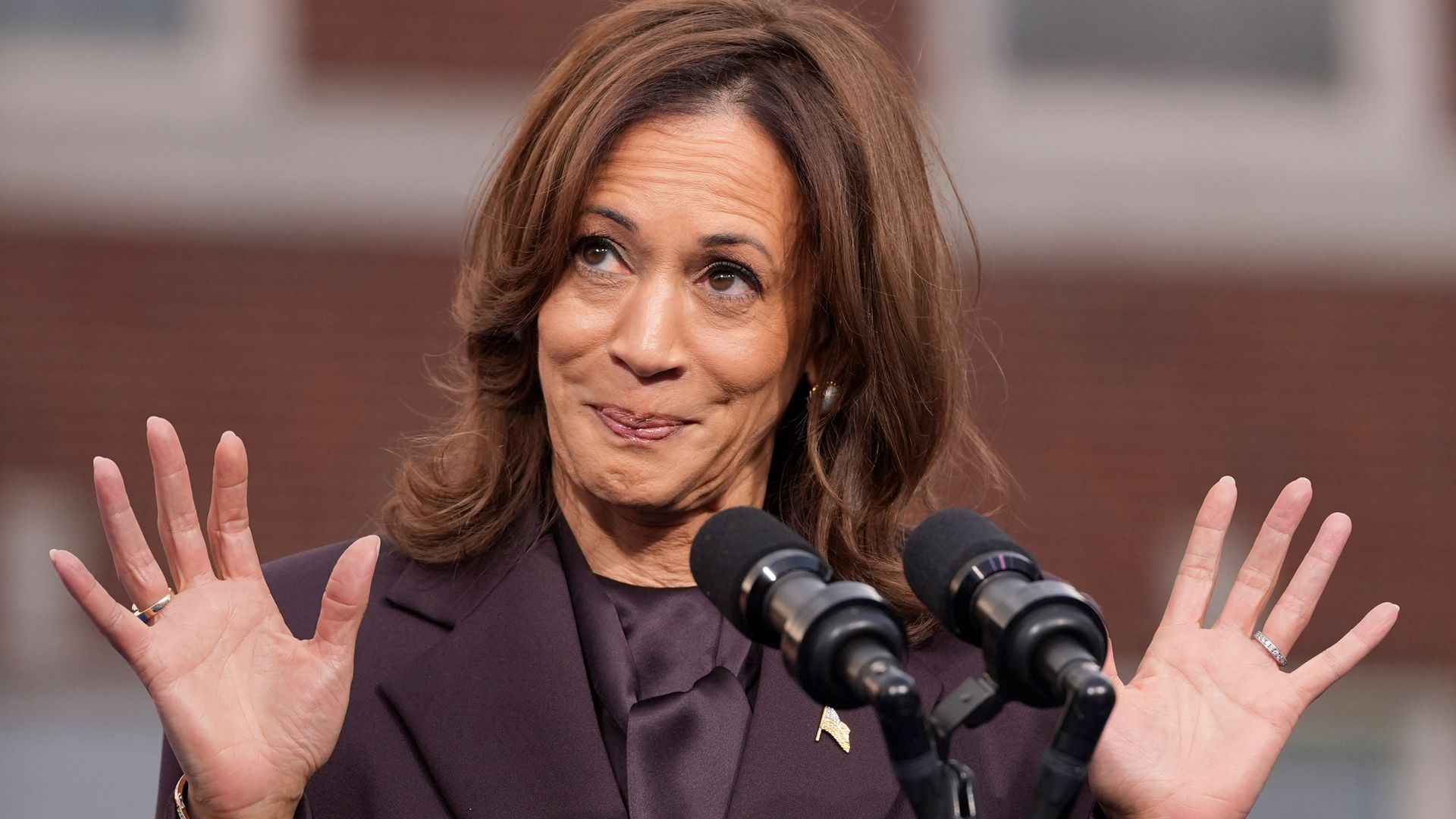
PORTLAND, Maine — It’s not often that Maine is a center of national political intrigue.
For three days this week, the National Governors Association brought leaders from across the country, whether it be the governors themselves, businesspeople, non-profit leaders and members of the national media.
“It helps put Maine on the map,” said Gov. Janet Mills, who said the conference brought between 600 and 1,000 people to Portland, many for the first time. “It’s a great time of year to focus on what Maine has to offer.”
At a time of significant polarization, many attendees noted Maine’s history of bipartisanship and moderation. It paired well with what they were trying to do at the conference, they said.

The conference facilitated discussion on topics from education to tourism. One session from the last day of the conference was highlighted by Utah Gov. Spencer Cox, who was talking about recent images from the Webb telescope that showcased far away galaxies.
For Cox, it made him more than certain there must be other life out there. But it also made him contemplate some of the divisive issues in today’s politics.
“We fight about some really stupid shit,” Cox said to laughter.
While it was Cox’s first time in Portland, he had been to Maine before. In fact, he vacationed with his wife in Bangor around 15 years ago, he told the Bangor Daily News in an interview.
“We saw the leaves,” Cox said. “We loved our time there.”
Arizona Gov. Doug Ducey was the longest away from home of any of the governors – nearly 3,000 miles. Of the 13 governors who spoke to the Bangor Daily News, he was the only one who said it was his first time in the state: He took the chance to explore Portland, Freeport and Kennebunkport.
“We’ve had eight or nine meals, and with that eight or nine lobsters,” Ducey said. “We’re gonna be back again soon, hopefully.”
Ducey is also among the Republican governors who supported the Supreme Court’s decision to overturn federal abortion rights. Abortion did not explicitly come up in any of the association’s public sessions.
While Arizona is vastly different, many governors noted the similarities their state had with Maine: Gov. Doug Burgum of North Dakota noted that his state has a long border with Canada and were similarly affected by the closings that occurred due to the COVID-19 pandemic.
He said that Portland looked like some of the changes he was trying to make to his state with a Main Street Initiative, especially in terms of walkability, revitalization and outdoor dining.
Gov. John Bel Edwards of Louisiana, who was making his fourth trip to the state in six years and vacations often in Islesboro, noted the shared Acadian heritage that his state has with Maine.
“You open the phone book in Maine, you see the same names you’ll see in south Louisiana,” Bel Edwards said.

Gov. John Carney of Delaware was likely in Maine longer than most out-of-state attendees: he had already been there a week on Friday, flying into Portland but driving a rented car with his wife to a family wedding outside of Acadia National Park.
“My wife loves what she calls ‘rocks on the water.’ There’s a lot of that here in Maine,” Carney said. “This is a kind of special beauty that we don’t see often in the mid-Atlantic states.”
Carney said the biggest similarity he saw between Maine and Delaware was its reputation for moderation, but he also noted that no state in the country had been unaffected by the political polarization that has occurred in recent years, something he bemoaned.

By late afternoon, the security presence outside both the Holiday Inn and the nearby Westin, where attendees stayed, had dissipated, though some attendees remained in Portland. The conference was over, but the efforts to build some form of compromise amid deepening divides would remain.
Jacques Pitteloud, the Swiss ambassador to the U.S., was blunt: “We need an America that isn’t tearing itself apart,” he said.
“It would clearly be arrogant for a country of 8.5 million to tell the greatest country on earth that they have something to learn from us,” Pitteloud said. “But yes, the political class in the U.S. has something to learn from Switzerland.”












